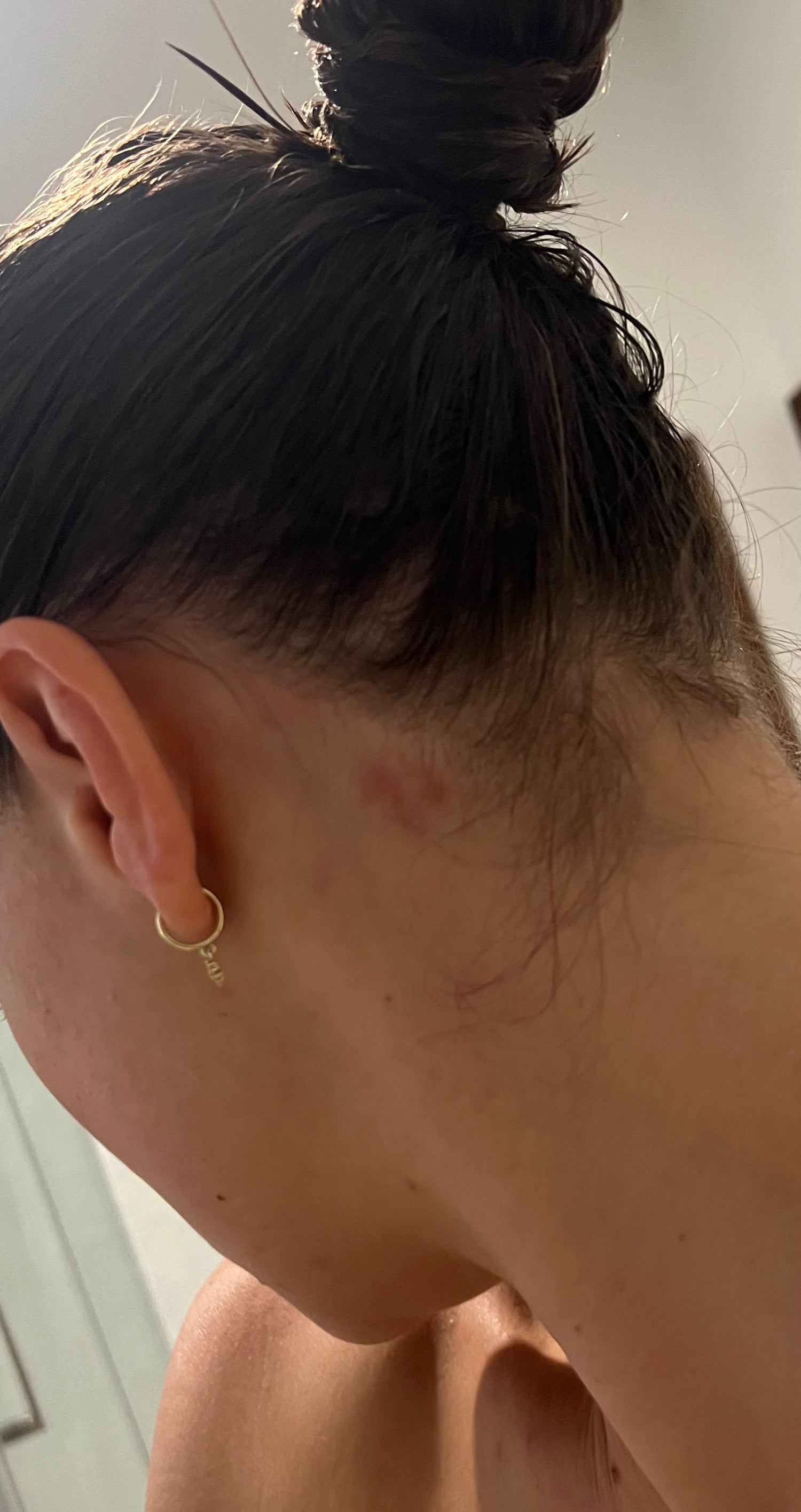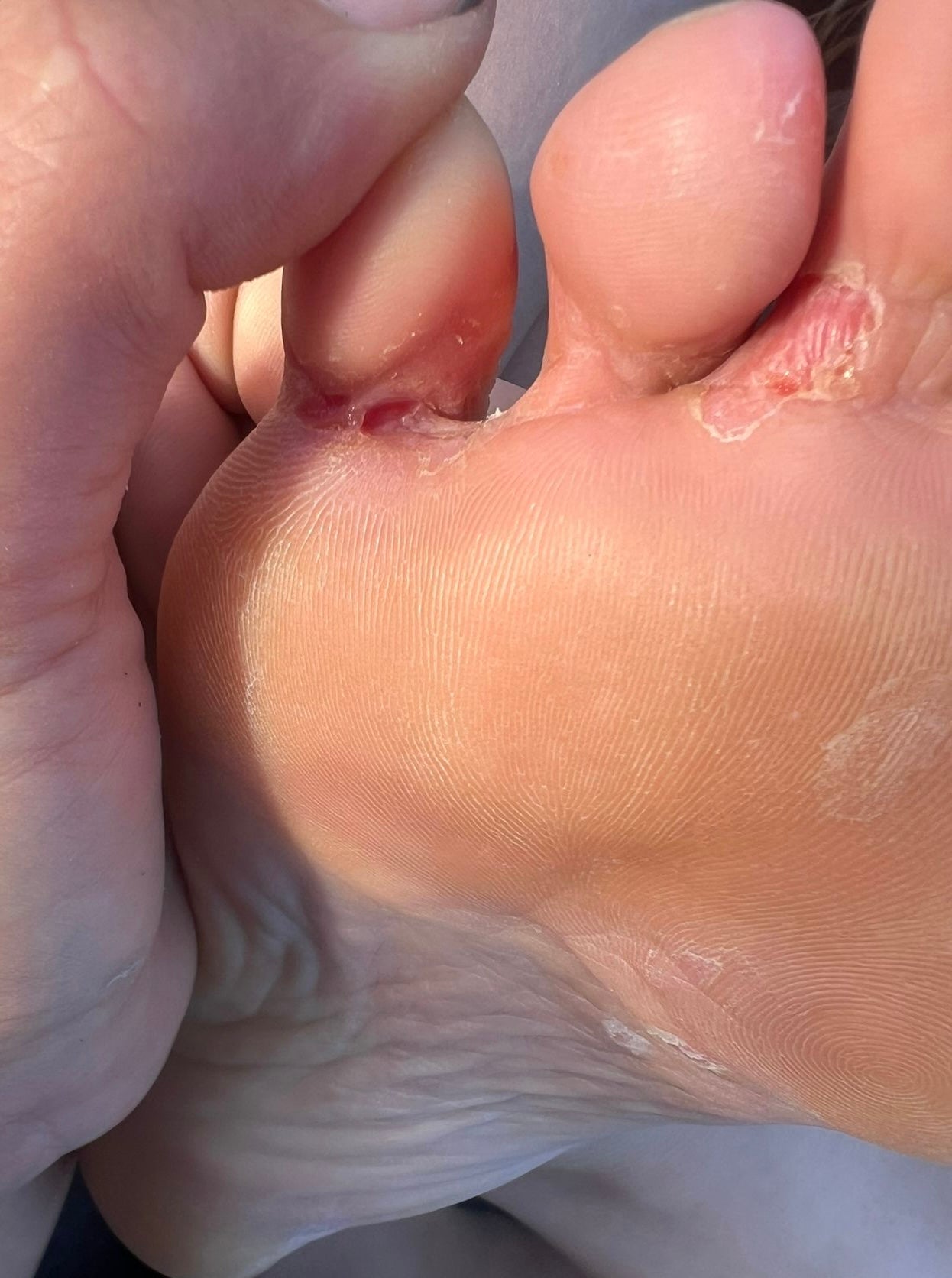Redness, itching, dryness, breakouts—sound familiar?
Sensitive skin reacts easily, and even small changes in products or weather can trigger irritation. The good news? With the right routine and ingredients, you can calm flare-ups, protect your barrier, and keep your skin feeling comfortable day-to-day.
What Is Sensitive Skin?
Sensitive skin tends to overreact to ingredients, products, or environmental factors. For some, it’s genetic. For others, it develops alongside conditions like eczema, rosacea, or from overusing active skincare.
Common Signs of Sensitive Skin
- Redness or flushing
- Itching or stinging after applying products
- Dry, flaky patches
- Burning sensation
- Breakouts or rashes following new skincare
How to Build a Skincare Routine for Sensitive Skin
Creating a skincare routine that soothes instead of stresses your skin comes down to three key principles: keep it gentle, simple, and consistent.
1. Start with a Gentle Cleanser
Choose a non-foaming, fragrance-free cleanser—preferably cream or gel-based. Avoid anything with sulfates or alcohol.
✔ Look for labels like “for sensitive skin” or “soap-free.”
2. (Optional) Use a Soothing Toner
Toners aren’t essential, but if you like using one, pick an alcohol-free formula with calming ingredients such as:
- Chamomile
- Rose water
- Calendula extract
3. Moisturise with Care
Stick to lightweight, non-comedogenic moisturisers that hydrate and protect without overwhelming your skin.
✔ Key ingredients to look for:
- Ceramides – help restore the skin barrier
- Hyaluronic Acid – draws in moisture
- Glycerin – softens and hydrates
- Aloe Vera – soothes and calms irritation
4. Always Wear Sunscreen
Sun exposure is one of the top triggers for sensitive skin. Choose a broad-spectrum SPF 30+ with physical blockers like:
- Zinc oxide
- Titanium dioxide
These are gentler than chemical sunscreens and less likely to cause a reaction.
5. Introduce Products Slowly
Always patch test before adding something new, and introduce only one product at a time to track how your skin responds.
Extra Tips to Minimise Irritation
- Use lukewarm (not hot) water on your face
- Pat skin dry with a soft towel—don’t rub
- Limit exfoliating to once a week
- Use gentle, enzyme-based exfoliants (not harsh scrubs)
- Choose fragrance-free laundry detergents
- Watch for internal triggers like spicy foods, alcohol, or dehydration
When to See a Dermatologist
If your skin remains persistently red, painful, or develops frequent rashes or breakouts—even with a gentle routine—it’s worth booking a consultation. You may be dealing with an underlying condition that needs specific treatment.
Final Thoughts
Caring for sensitive skin isn’t about doing more—it’s about doing less, but better. With a minimal, mindful approach and the right ingredients, you can reduce flare-ups and help your skin feel balanced, calm, and strong all year round.





